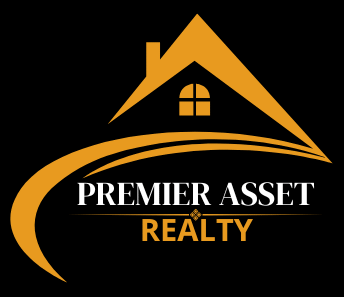Introduction
- Open with an engaging line addressing the excitement and challenges of venturing into commercial real estate for the first time.
- Highlight that buying commercial property is a significant investment that requires careful planning to avoid costly errors.
- Briefly outline that this blog will cover the five most common mistakes first-time buyers make and provide actionable tips to help readers make informed decisions.
- Mention the valuable insights that will empower their property investment success.
Mistake 1: Neglecting Due Diligence
- Explain what “due diligence” means in the commercial real estate context.
- Share examples of key research areas: property value, zoning laws, market trends, and prior property history.
- Offer a practical tip like hiring a professional inspector or using market analysis tools to identify red flags.
Mistake 2: Overlooking Hidden Costs
- List common hidden expenses such as maintenance fees, property taxes, insurance, and utility upgrades.
- Provide a brief example of how unexpected costs can impact profitability.
- Conclude with advice to budget for contingencies and work with a financial planner.
Mistake 3: Not Understanding Local Regulations
- Explain the importance of being aware of local building codes, zoning regulations, and environmental laws.
- Discuss how compliance issues can delay projects or lead to fines.
- Recommend consulting with a real estate attorney or local experts to ensure proper compliance.
Mistake 4: Choosing the Wrong Construction Partner
- Highlight the risks of partnering with inexperienced or ill-suited builders during a commercial property renovation or build.
- Suggest steps for vetting contractors, such as reviewing portfolios, checking references, and ensuring proper licensing.
- Stress the significance of clear communication and contracts to prevent disputes.
Mistake 5: Ignoring Property Grants
- Introduce the idea that grants, subsidies, or financial assistance are often available for specific types of commercial buyers or projects.
- Give examples, such as tax incentives for energy-efficient properties or grants for businesses in certain zones.
- Encourage readers to research local programs or consult with professionals to discover opportunities.
Conclusion
- Summarize the five mistakes covered and the importance of avoiding them to ensure a smoother buying experience.
- Reiterate that investing time in planning and seeking expert guidance can help readers make confident and informed property investment decisions.
